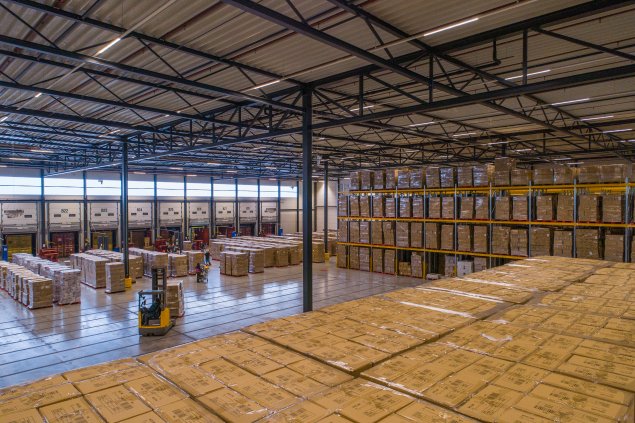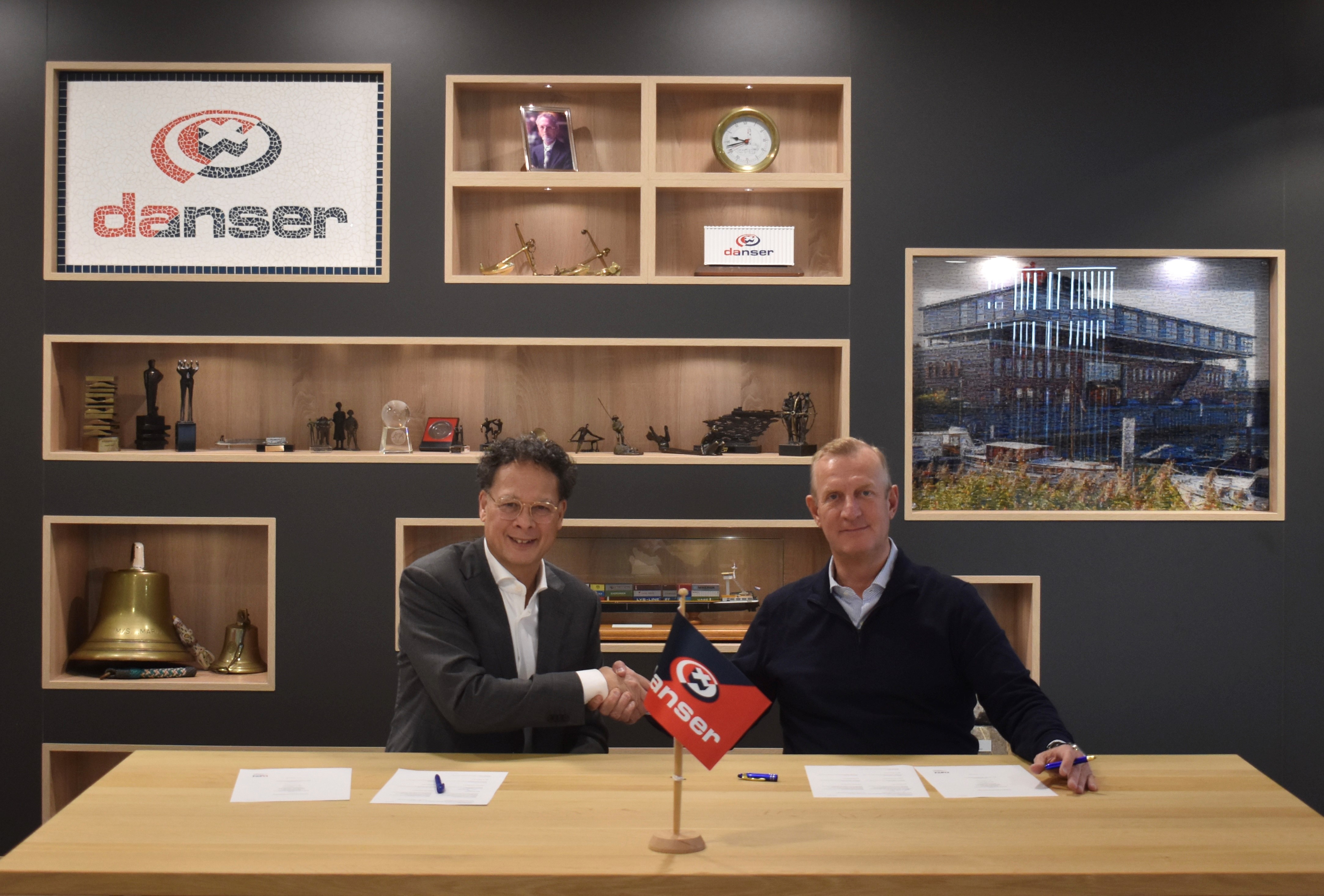
Blog: Future of logistics

As an innovative company we closely follow new trends and developments in the markets we serve. By doing so we make sure that we remain to be relevant to our valued customers and partners and provide better and broader services every day.
Over the previous three years, supply chain disruptions, geo-political crises and pandemic-related challenges created skyrocketing freight rates, shortages and many more logistics problems. In the near future we believe the logistics world will again stabilise. In this new environment there will be many opportunities to innovate, so we would like to highlight what we feel the future of logistics will look like.
Digitisation and real-time tracking
The digitisation and integration of logistics systems will allow logistics businesses to streamline workflows, financial services and payments in order to save time and money and benefit from more efficient processes. Combining new digital systems and technologies with RFID (Radio Frequency Identification) chips will create access to better real-time tracking and analytics for logistics customers and partners. This way it is possible to identify and anticipate potential problems, and resolve them faster.
At Euro-Rijn we utilise a technology to monitor and track our shipping containers to provide our customers with relevant data, as well as log when and where the containers are opened. All containers are equipped with active temperature control and constant monitoring so that the temperature sensitive goods are delivered safely at their destination. This also means we can respond quickly in case of any issues.
5G and AI
The fifth generation of mobile communication creates significantly higher connection speed and lower latency. This will affect many industries in transportation and logistics. The higher connection speed of 5G enables new application types to be used and will greatly support the data exchange throughout the supply chain, which will boost productivity in warehouses by quicker identification and sorting of products. It will also increase conditions in transportation with automation of air temperature and humidity through 5G sensors.
In turn, this innovation paves the way for AI and machine learning to become more prevalent in the logistics world. The integration of AI can reduce the need for physical work by humans and increase efficiency and capabilities while reducing the chances of human errors. The higher connection speed of 5G in combination with the right technological tools will increase business analytics and efficiency throughout the supply chain and in turn boost profitability.
At Euro-Rijn XL Logistics we have been utilising robots in our warehouses. The robots allow a mobile conveyer belt to be placed inside a container in order to unload it quicker while minimising the physical impact on employees. This is just an early example of the potential of robotics and AI, which will keep growing. Other examples are mobile robots, shelf robots and autonomous drones for inventory.
Electric and autonomous vehicles
The recent supply chain disruptions were also significantly influenced by a shortage of truck drivers. Self-driving trucks will eventually be the solution to overcome this staffing crisis in logistics and transportation in the future. However this will still take many years to implement and cannot be achieved in the short term.
The first step towards this solution is the trend of electric cars (and trucks). Electric vehicles provide a more economical and eco-friendly mode of transportation. Considering the political focus on sustainability and “green logistics” we can expect electric vehicles to play a big part in supply chains in the near future.
On the other hand, the fast growth of the electricity demand will impose challenges for the current energy infrastructure in the Netherlands.
Eco-friendly warehouses
Green logistics, reducing carbon footprint and sustainability are trending topics all over the world. This is why eco-friendly warehouses will be important in the near future of logistics businesses. Eco-friendly warehouses, next to being more sustainable and reducing a company’s carbon footprint, could also reduce storage costs and increase profits.
‘Green warehousing’ trends will include using solar panels, LED-lighting, recycling areas, low-emitting materials and more. Many of which we currently implement at our Euro-Rijn warehouses.
Euro-Rijn
At Euro-Rijn we believe in innovation and are not afraid to take risks to grow our business in new ways, as well as contribute to making logistics more sustainable wherever possible. We expect to see further expansion in the near future, but our main focus will always be on creating and maintaining long term relationships and offering complete and personal solutions to our customers and partners.
More news

Completion of acquisition: Familiar faces return to Danser Group

Euro-Rijn Real Estate and AWL Energy Logistics contribute to sustainability of Ikazia Hospital Rotterdam
